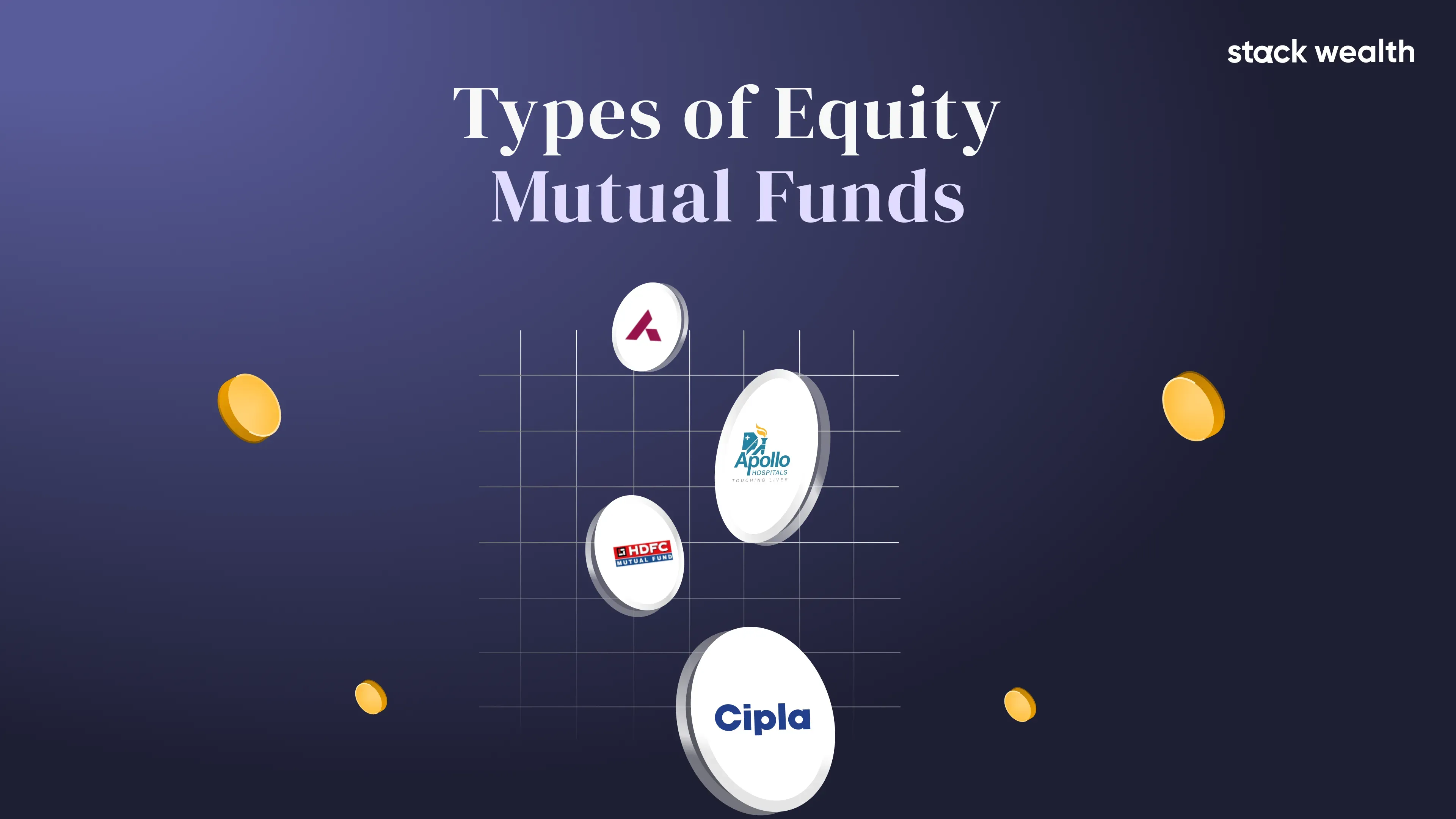Corporate Bond Debt Funds
Corporate Bond Funds offer a unique investment opportunity for those seeking stable returns with moderate risk. By investing in high-quality corporate debt securities, these funds provide a reliable income stream while preserving capital. Whether you're a conservative investor looking to diversify your portfolio or someone interested in earning consistent returns within the medium to long term, Corporate Bond Funds could be a wise choice.
What is a Corporate Bond Fund?
A Corporate Bond Fund is a debt mutual fund primarily investing in high-quality corporate bonds with a credit rating of AA+ or higher. These funds are created to offer stable returns and moderate risk by investing in corporate debt securities issued by well-established companies. Corporate Funds aim to generate income through interest payments while preserving capital. They are ideal for investors seeking consistent returns over a medium to long-term investment horizon.
Features of Investing in Corporate Bond Funds
- Corporate Funds invest in high-rated corporate bonds, making them less volatile compared to equity investments.
- These funds provide stable returns by earning interest on the bonds they hold, which helps mitigate market fluctuations.
- Corporate Bond Funds are relatively liquid, allowing investors to redeem their investments anytime, making them flexible for various financial goals.
- Investing in a variety of corporate bonds reduces the concentration risk, providing a balanced risk-reward scenario.
- Though these funds invest in high-quality bonds, there is still some degree of credit risk involved, which is lower than in lower-rated or junk bonds.
Types of Corporate Bond Funds
- Short-Term Corporate Bond Funds: These funds invest in corporate bonds with shorter maturities, usually between one to three years, offering lower interest rate risk.
- Long-Term Corporate Bond Funds: These funds hold bonds with longer durations, typically over five years, providing higher yields but with greater sensitivity to interest rate fluctuations.
- Dynamic Corporate Bond Funds: These funds actively manage the portfolio by adjusting the maturity period based on market conditions to maximise returns.
- Credit Opportunity Funds: These funds take calculated risks by investing in lower-rated corporate bonds to earn higher returns, but they come with elevated credit risk.
List of Corporate Bond Funds
Here are some popular corporate bond funds in India:
How Does Corporate Bond Fund Work?
Corporate Bond Funds pool money from various investors to purchase high-rated corporate debt securities. The fund managers allocate this pooled capital to buy bonds issued by well-established corporations with solid credit ratings. As the bonds pay periodic interest, these funds distribute the income to investors. The fund’s performance is influenced by interest rate movements, the credit quality of the bonds, and overall market conditions. Corporate Bond Funds typically perform better in a stable or declining interest rate environment, as bond prices rise when interest rates fall.
Why Should You Invest in Corporate Bond Debt Funds?
- Stable Income: Corporate Bond Funds offer predictable returns through regular interest payments, making them ideal for conservative investors looking for steady income.
- Lower Volatility: Compared to equity funds, Corporate Bond Funds are less volatile, making them suitable for risk-averse investors.
- Capital Preservation: These funds focus on preserving your capital by investing in high-quality bonds with a lower probability of default.
- Tax Efficiency: If held for more than three years, Corporate Bond Funds qualify for long-term capital gains tax benefits, making them tax-efficient compared to bank fixed deposits.
Taxation on Corporate Bond Mutual Funds
Corporate Bond Funds are subject to taxation based on the holding period:
- Short-term capital gains (STCG): If the units are sold within three years, the gains are taxed at the investor’s applicable income tax slab.
- Long-term capital gains (LTCG): For holdings over three years, LTCG is taxed at 20% with indexation benefits, which adjusts the purchase price for inflation, reducing the tax liability.
Investing in Corporate Bond Funds offers a balanced approach for individuals seeking steady returns with moderate risk. Their mix of safety, stability, and liquidity makes them a suitable option for medium to long-term investors aiming to achieve predictable income and capital growth.


















